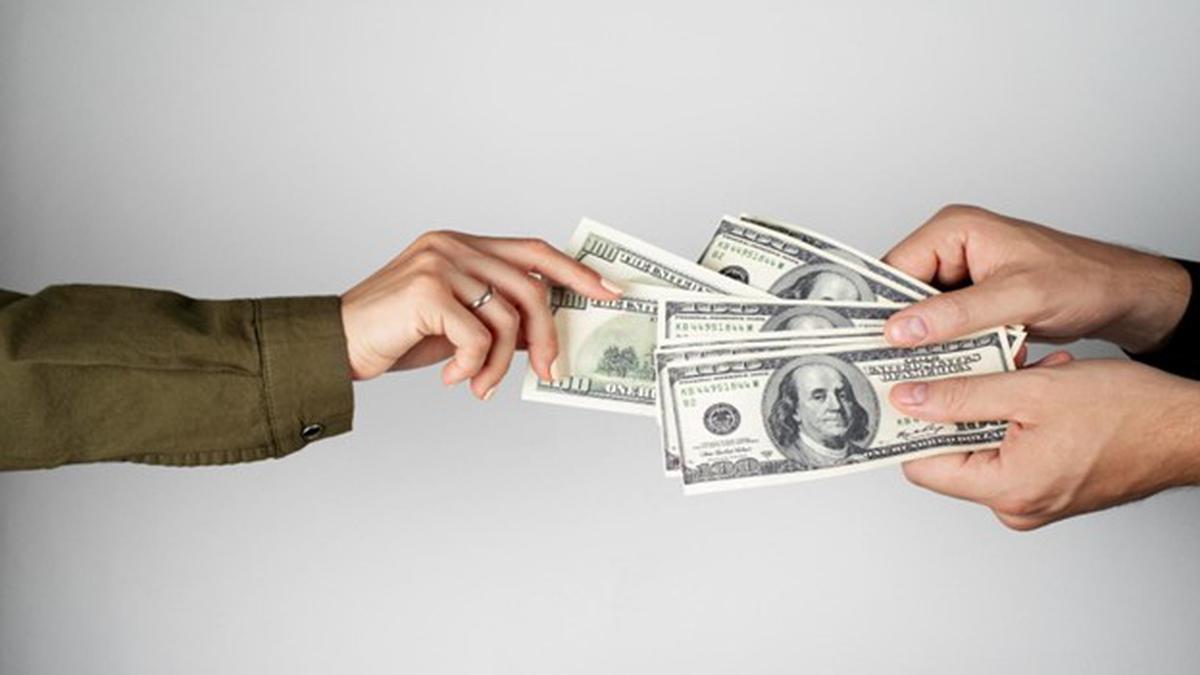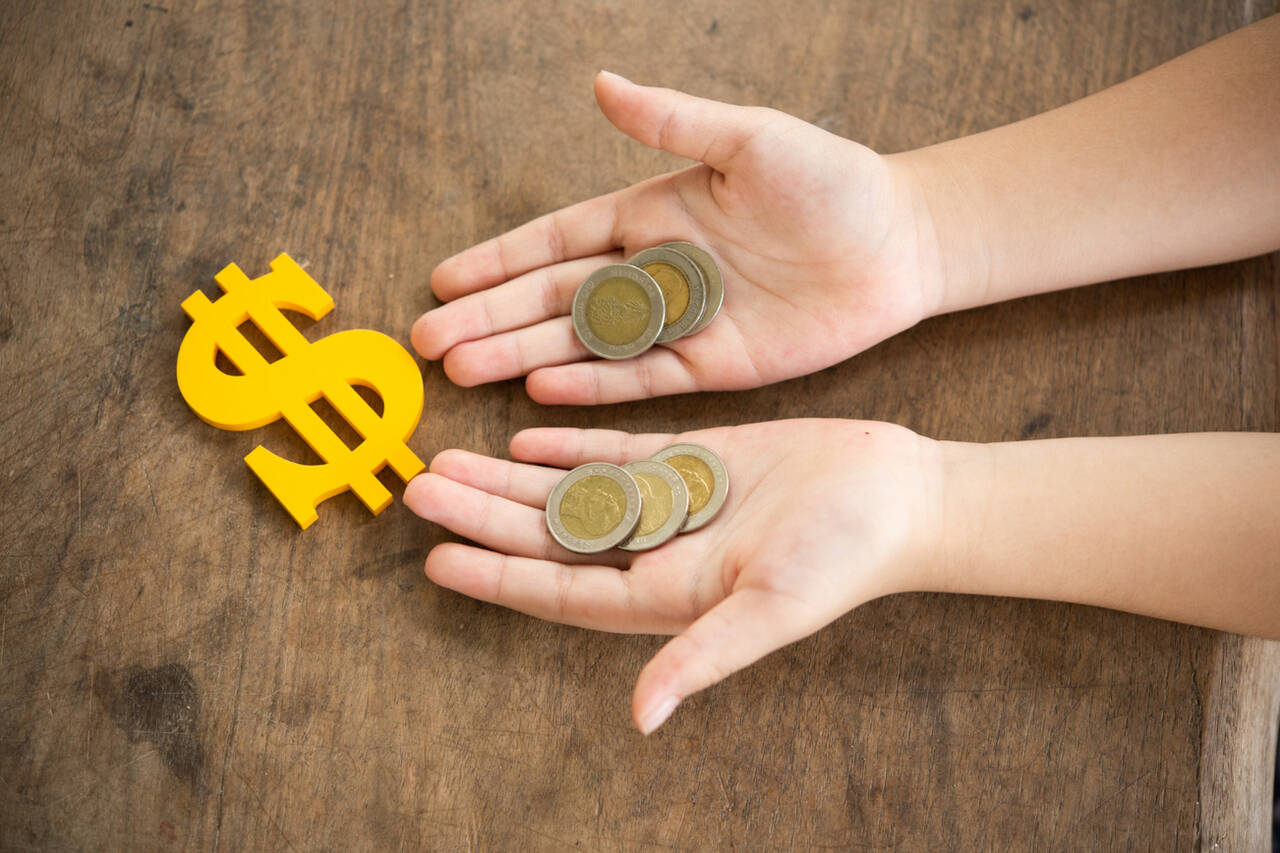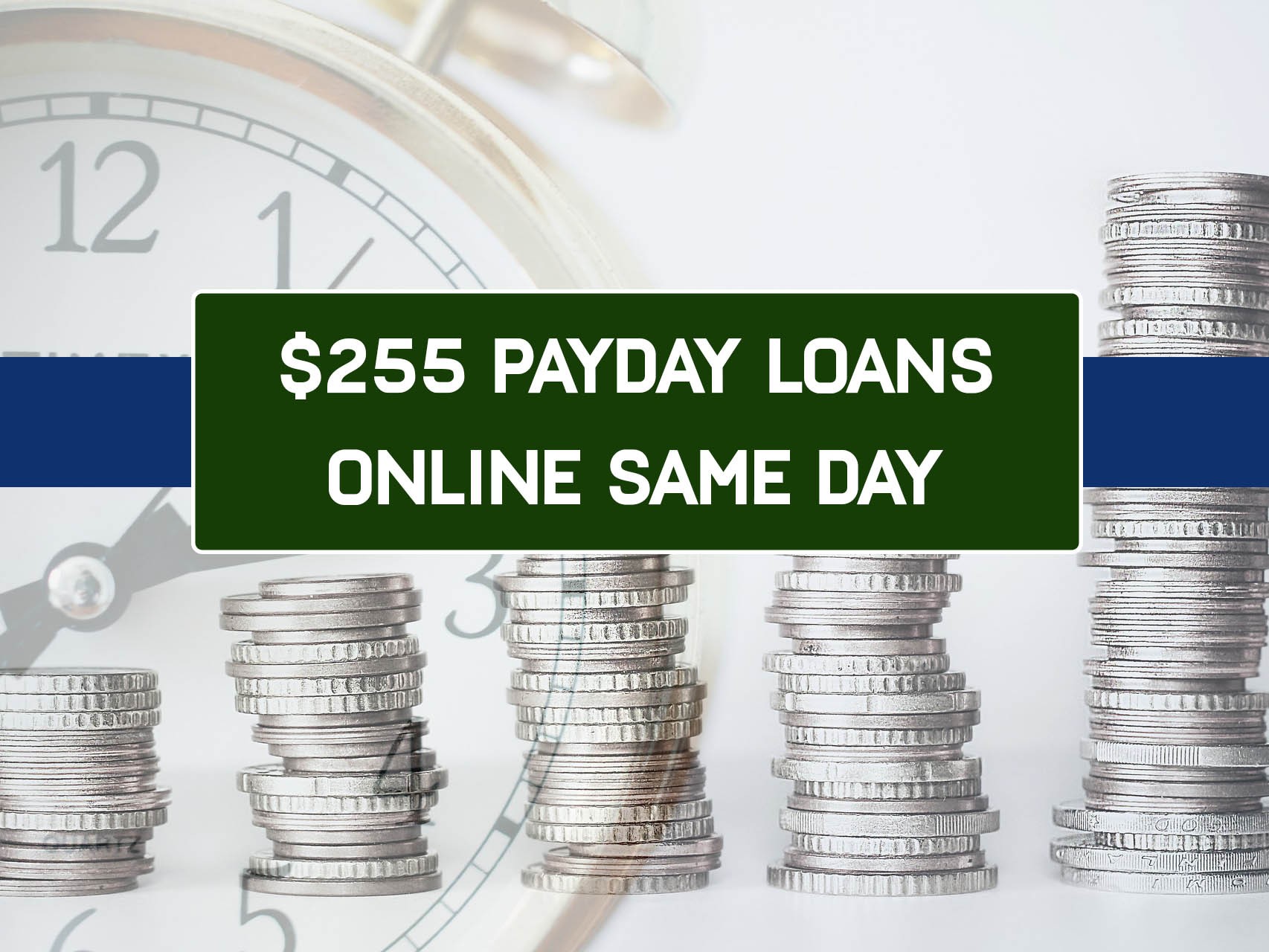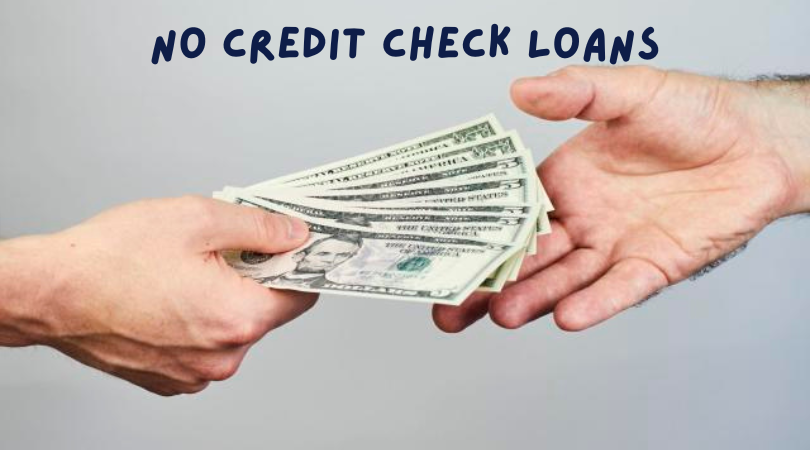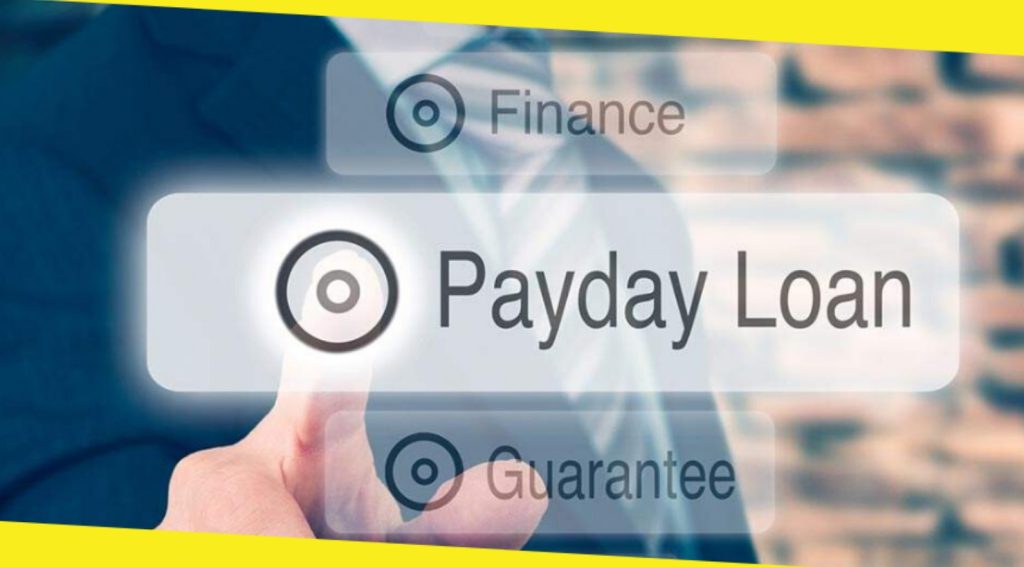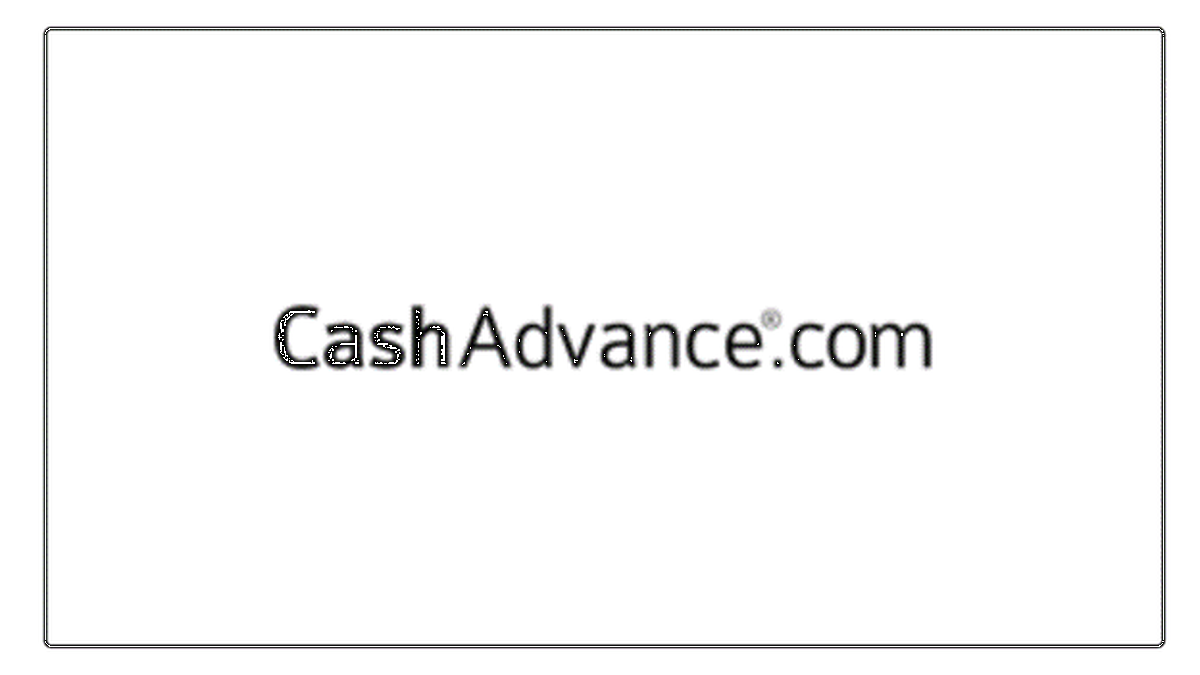255 Payday Loan No Credit Check

The availability of "no credit check" payday loans, often advertised as a quick financial fix, is facing increased scrutiny amid concerns about predatory lending practices and the potential for trapping vulnerable borrowers in cycles of debt. These loans, often capped at $255 in many states, offer immediate cash but come with exceptionally high interest rates and fees, prompting debate among consumer advocacy groups, lenders, and policymakers.
This article examines the landscape of $255 payday loans requiring no credit check, exploring their appeal, risks, regulatory environment, and potential alternatives for individuals facing short-term financial needs. Understanding the intricacies of these loans is crucial for consumers and stakeholders alike, especially amid economic uncertainty and the rising cost of living.
The Allure of Quick Cash
Payday loans, including those offered without a credit check, are designed to provide immediate financial relief to individuals facing unexpected expenses or cash flow shortages. The "no credit check" aspect is particularly attractive to individuals with poor or limited credit histories who may be denied traditional bank loans or credit cards.
Advertisements often tout the speed and convenience of these loans, highlighting minimal paperwork and rapid approval processes. Borrowers can typically access funds within hours, making these loans a seemingly ideal solution for urgent needs like car repairs, medical bills, or overdue rent.
The High Cost of Convenience
Despite their appeal, $255 payday loans come with significant drawbacks, primarily the exorbitant interest rates and fees associated with them. Annual Percentage Rates (APRs) can reach triple digits, often exceeding 400%, making them among the most expensive forms of credit available.
For instance, borrowing $255 could quickly accrue interest and fees, potentially requiring repayment of $300 or more within a short two-week period. If borrowers are unable to repay the loan on time, they may be tempted to roll it over or take out another loan, resulting in a cycle of debt.
A 2014 report by the Consumer Financial Protection Bureau (CFPB) found that the majority of payday loans are renewed multiple times, leading to significantly higher costs for borrowers. This cycle of debt can have devastating consequences, including damaged credit scores, bank account overdraft fees, and increased financial stress.
Regulatory Landscape and Consumer Protections
The regulation of payday loans varies significantly from state to state. Some states have implemented strict interest rate caps or banned payday lending altogether to protect consumers from predatory practices.
Other states have more lenient regulations, allowing for higher interest rates and fees. The CFPB has also attempted to establish federal regulations for payday loans, aiming to ensure lenders assess borrowers' ability to repay before issuing a loan.
However, these efforts have faced political and legal challenges, leaving a patchwork of state and federal regulations in place. Consumer advocacy groups continue to push for stronger regulations to prevent predatory lending and protect vulnerable borrowers.
Alternative Financial Solutions
For individuals facing short-term financial needs, several alternatives to $255 payday loans exist, offering potentially more affordable and sustainable solutions. These include:
- Credit counseling: Nonprofit credit counseling agencies can provide budget advice and debt management assistance.
- Personal loans: Traditional bank loans or credit union loans may offer lower interest rates, although they typically require a credit check.
- Paycheck advances: Some employers offer paycheck advances, allowing employees to borrow against their future earnings.
- Borrowing from friends or family: Seeking financial assistance from trusted friends or family members may be a less expensive option.
The Financial Health Network, a non-profit focused on financial well-being, suggests that building an emergency fund, even a small one, can help avoid the need for high-cost loans in times of unexpected expenses.
A Human Perspective
Jane Doe, a single mother working a minimum-wage job, shared her experience with payday loans. "I took out a $200 payday loan to fix my car so I could get to work," she explains. "But the fees and interest kept piling up, and I ended up paying back more than double what I borrowed. It was a nightmare that took months to escape."
Jane's story highlights the real-world consequences of relying on payday loans, particularly for individuals already struggling with financial instability. Her experience underscores the need for greater awareness of the risks involved and the availability of alternative solutions.
Conclusion
$255 payday loans without credit checks offer a seemingly quick fix for financial emergencies, but their high cost and potential for trapping borrowers in cycles of debt raise serious concerns. While these loans may seem appealing in the short term, consumers should carefully consider the long-term consequences and explore alternative financial solutions.
Strengthening consumer protections and promoting financial literacy are crucial steps in ensuring that vulnerable individuals are not preyed upon by predatory lending practices. Increased awareness of the risks associated with payday loans, coupled with access to affordable financial services, can empower individuals to make informed decisions and achieve greater financial stability.
